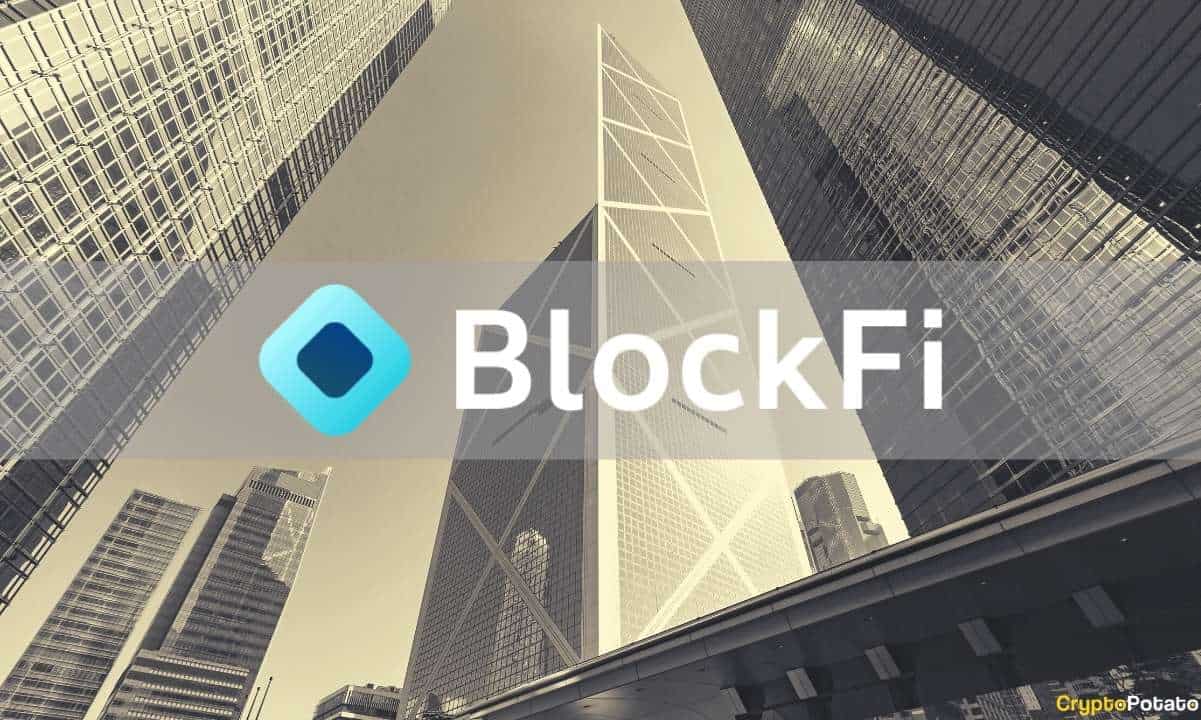

The United States Securities and Exchange Commission (SEC) has given up its slot as one of the first creditors to be repaid by the insolvent crypto lending platform BlockFi.
The move comes as the SEC is facing intense pressure from a legal battle against the cryptocurrency exchange, Binance.
U.S. SEC Forfeits Front-Row Seat for Investors
Earlier last year, BlockFi agreed to a $100 million settlement imposed by the U.S. SEC for failing to register its crypto lending products with the agency.
In November, however, BlockFi filed for Chapter 11 bankruptcy protection following the collapse of the crypto derivatives exchange FTX. The platform held $1 billion to $10 billion worth of users’ funds at the time it became insolvent. As a result, the lending platform could not pay its $30 million settlement to the SEC.
During BlockFi’s bankruptcy filing, the securities watchdog was mentioned as one of the first creditors to be settled by the company following its restructuring process.
ADVERTISEMENT
However, according to a Thursday court filing, the SEC has forfeited its front-row seat as one of the lender’s early creditors. The regulator stated that its claims should be classified as “general unsecured claims” under the current bankruptcy proceedings.
BlockFi’s Reimbursement Strategy
Last week, the struggling crypto lending company addressed its customers regarding the recovery of their assets. The firm noted that it would add new functionality to the BlockFi Wallet before users can commence withdrawals.
The crypto lender added that the withdrawal process would be streamlined by enabling withdrawal batches for eligible users. Third-party wallets will be needed to facilitate the withdrawal process. BlockFi also revealed that the fund withdrawal process is slated to occur this summer.
Binance Free $100 (Exclusive): Use this link to register and receive $100 free and 10% off fees on Binance Futures first month (terms).
PrimeXBT Special Offer: Use this link to register & enter CRYPTOPOTATO50 code to receive up to $7,000 on your deposits.
The post appeared first on CryptoPotato






